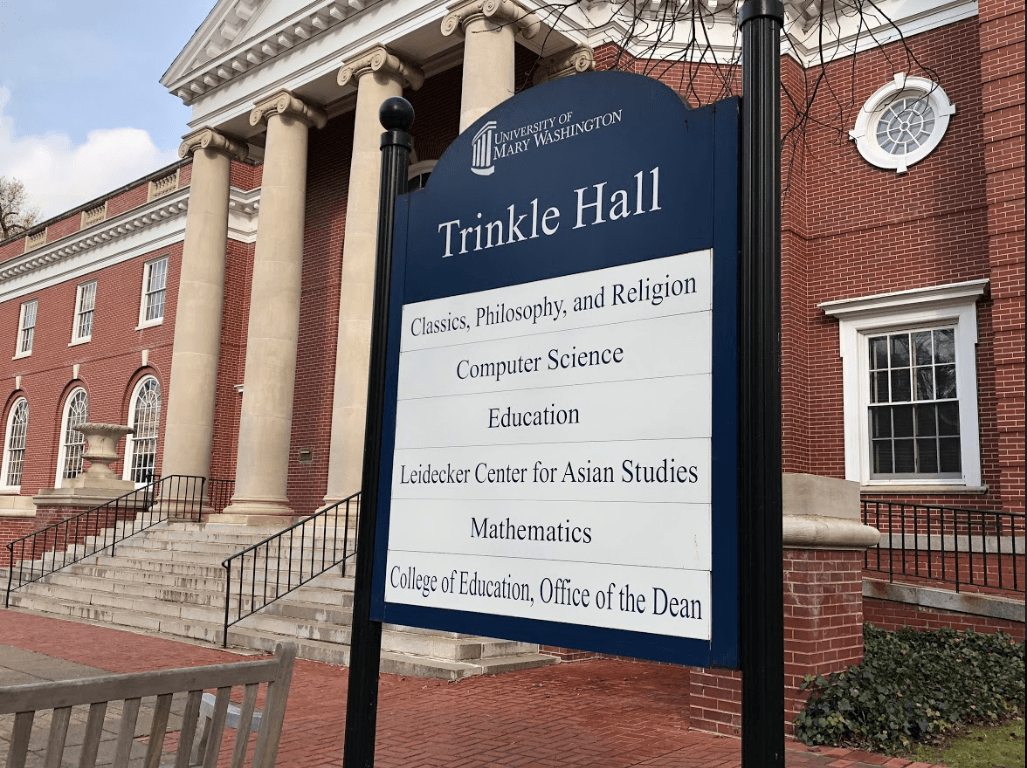Colleges should make transfer-credit process simpler
3 min read
Zack Farooq | The Blue and Gray Press
By HEATHER STROTHER
Staff Writer
I started out college at Virginia Commonwealth University. After spending one semester there, and deciding to save money by going to Germanna Community College instead. I’d gotten 15 credits.
But when I went to Germanna, I was frustrated to find out that not a single credit transferred. I wasn’t ever given a reason. And so I proceeded to retake two of the classes I’d already passed – biology and humanities.
Flash forward two years, and I became a student at the University of Mary Washington. This time, I was livid to discover that 56 of my total of 62 credits transferred. The reasons are complicated, having to do with lab requirements. But even more surprising was that suddenly the credits from my first college did transfer. But because I had double-dipped on classes, they only counted as electives.
I’m not alone facing these kinds of struggles as a transfer student. Around one-third (37%) of students lost their credits when transferring public institutions from 2004 to 2009, according to the U.S. Government Accountability Office. That number is likely higher today, as the university population, in general, has risen. The major issue has come from general education classes not being accepted to a community college from a four-year university.
According to the National Center for Educational Statistics, “nearly 40 percent of transfer students lose all their previously earned credit (an average 26.6 credits lost) and another 30 percent lose close to half (about 13 of 33),” said Abigail Endlsey in an article she wrote for the website. She mentioned that the level of teaching at a local community college may lower their standards so the classes aren’t as vigorous as university standards. Still, sometimes when students go from a university to a community college, they lose the credits they’ve gained.
Another problem as a result of this is that students have to take classes that they have already taken and passed before. In some cases, I felt that classes weren’t accepted because they were named differently at various schools.
“I had to retake an art survey class that was essentially the same course but it had a different name,” said undeclared junior, Kaitlin Bailey. She similarly went to a four-year institution and then transferred to a community college to fulfill her general requirements.
Bailey adds while some of her courses didn’t transfer and didn’t make sense, she can understand why her science class was more tricky to give full credit. “I took and passed human biology at my old college because I only needed one course… it didn’t count as a science credit because you need to take two consecutive lab courses.” With a quick addition of lab once a week she wouldn’t have had to take the courses over, to begin with.
The same can be said for psychology major and junior, Savannah Roberts, whose biology classes were not accredited. “I took Biology 101 and that did not transfer.”
One issue that arose for me at Germanna was that I had to retake classes at the 200-level that I had already taken at the 300-level. I wondered why Germanna hadn’t worked directly with its neighboring university to rectify a problem that many of its students would face.
After spending countless hours and stress over multiple tests, it feels like defeat knowing you lost money and time. New evaluations seem to be needed when higher level courses aren’t being accepted in colleges with lower rigorous courses. It shouldn’t be a burden transferring schools, so it’s time for one less stressor.
Everyone has their own life clock and it’s okay to not to graduate on the average timeline; however, it is baffling that you can take extra classes during summer semesters and still be behind.
I’m very thankful for the easy transition from community college to UMW and the help I’ve received from transfer advisors here at UMW. Communication is key in all aspects of the world, especially for transfer credits between all institutions in secondary education. But there is still much to be done so that transfer students aren’t stuck retaking classes they already did well in.


